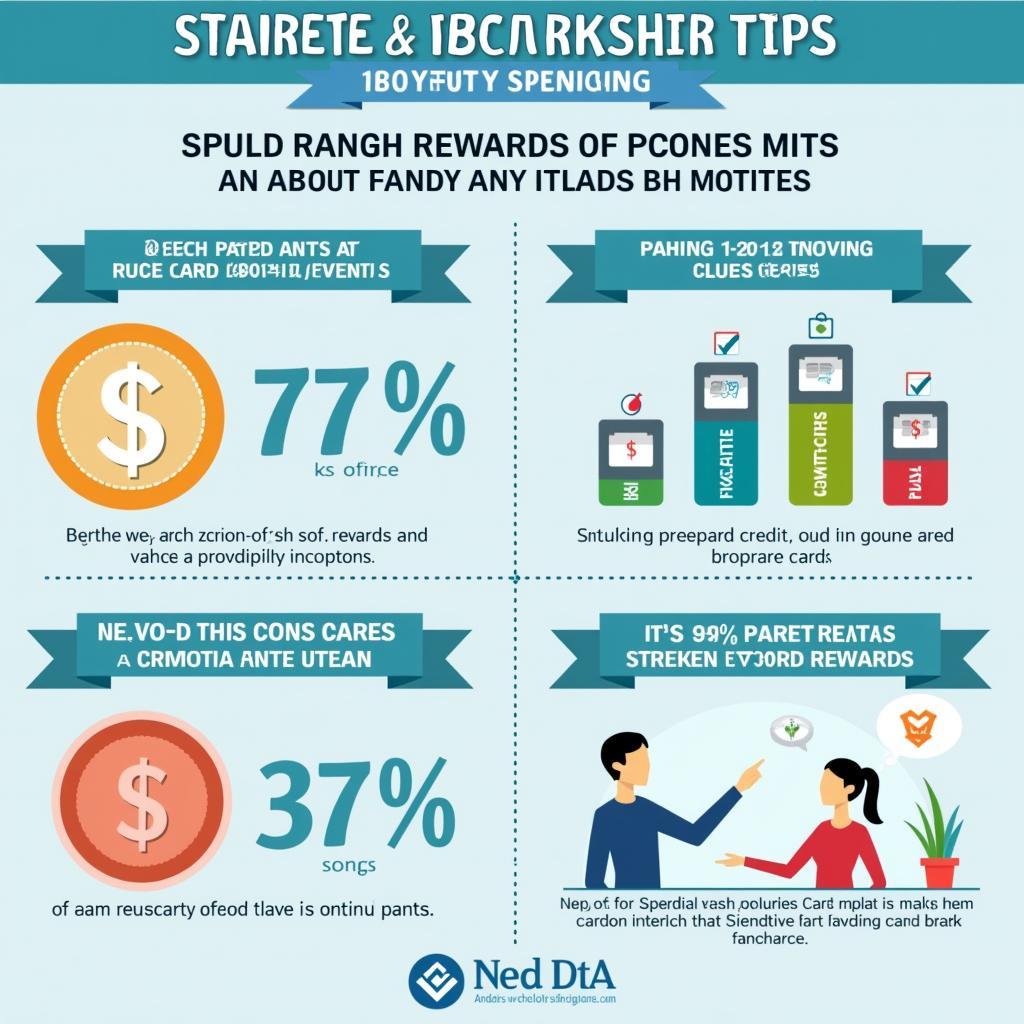Credit card rewards and their influence on consumer spending behavior is a topic that frequently appears in IELTS Writing Task 2 exams, particularly under the categories of economy, consumer behavior, and personal finance. Based on analysis of past IELTS exams, this theme has appeared in various forms over the last 5 years and is likely to continue being relevant for future tests.
Let’s examine one common question format:
Some people believe that credit card reward programs encourage excessive spending and debt accumulation. Others argue these programs help consumers save money when used responsibly. Discuss both views and give your opinion.
Analysis of the Question
This question requires candidates to:
- Examine both positive and negative aspects of credit card rewards
- Present balanced arguments for each perspective
- Provide a clear personal stance
- Support arguments with relevant examples
 Impact of credit card rewards on consumer spending habits
Impact of credit card rewards on consumer spending habits
Sample Essay 1 (Band 8-9)
The proliferation of credit card reward programs has sparked debate about their impact on consumer financial behavior. While some contend these incentives lead to financial irresponsibility, others maintain they offer valuable benefits when utilized properly. In my view, while reward programs can be advantageous, their effectiveness depends entirely on the user’s financial discipline.
Proponents of credit card rewards argue that these programs provide substantial benefits to careful users. For instance, cashback rewards effectively discount all purchases, while travel miles can significantly reduce vacation costs. Moreover, benefits of using credit cards wisely extend beyond immediate rewards to include purchase protection and improved credit scores when managed responsibly.
However, critics raise valid concerns about these programs’ potential to encourage overconsumption. The desire to accumulate rewards points often leads consumers to make unnecessary purchases or choose more expensive options. Furthermore, the complex nature of reward systems can obscure the true cost of credit card debt, particularly when introductory offers expire.
In my assessment, credit card rewards can be either beneficial or detrimental, depending on the cardholder’s financial literacy and self-control. Those who understand how credit card usage affects personal financial health and maintain strict budgeting practices can leverage these programs advantageously. Conversely, individuals prone to impulsive spending may find reward programs exacerbate poor financial habits.
Therefore, I believe the solution lies in financial education rather than condemning or championing reward programs themselves. By teaching consumers how to responsibly manage credit and how to maximize credit card rewards, we can help ensure these programs serve their intended purpose of providing value while minimizing financial risks.


